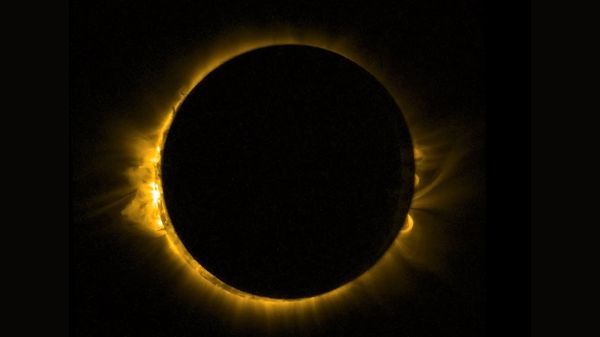The Mystique of Solar Eclipses in Ancient Cultures
Throughout history, solar eclipses have captivated humanity, evoking a sense of awe, wonder, and even fear. The phenomenon of twilight descending in the middle of the day is a rare and dramatic event that has inspired a myriad of interpretations and mythologies across different civilizations.
Ancient Perspectives on Solar Eclipses
Ancient cultures such as the Maya, the ancient Greeks, and the Chinese, viewed solar eclipses through a lens of myth, symbolism, and superstition. For the Mayans, an eclipse represented a cosmic event that reflected societal imbalance, while the ancient Greeks believed eclipses signaled the displeasure of the gods.
- Mayan Interpretations: The ancient Mayans saw eclipses as the moon consuming the sun, a symbolic reminder of past cannibalistic practices in their society.
- Chinese Mythology: In Chinese folklore, eclipses occurred when a dragon attempted to devour the sun, prompting people to create noise to scare the dragon away.
- Greek Beliefs: The Greeks associated eclipses with a forsaking or abandonment by the sun, reflecting divine disapproval of human actions.
Cultural Significance of Eclipses
For ancient civilizations, celestial events like solar eclipses were more than just astronomical occurrences; they were viewed as omens, warnings, or cosmic manifestations of earthly events. The Maya and the Greeks, in particular, considered eclipses as powerful symbols that carried profound implications for their societies.
While modern science has demystified the mechanics behind solar eclipses, the cultural interpretations and narratives surrounding these celestial events continue to intrigue and fascinate us. The enduring legacy of ancient cultures’ perspectives on eclipses serves as a reminder of our intrinsic connection to the cosmos.
In conclusion, the enigmatic allure of solar eclipses remains a testament to the enduring curiosity, creativity, and imagination of humanity throughout the ages.
Image/Photo credit: source url





